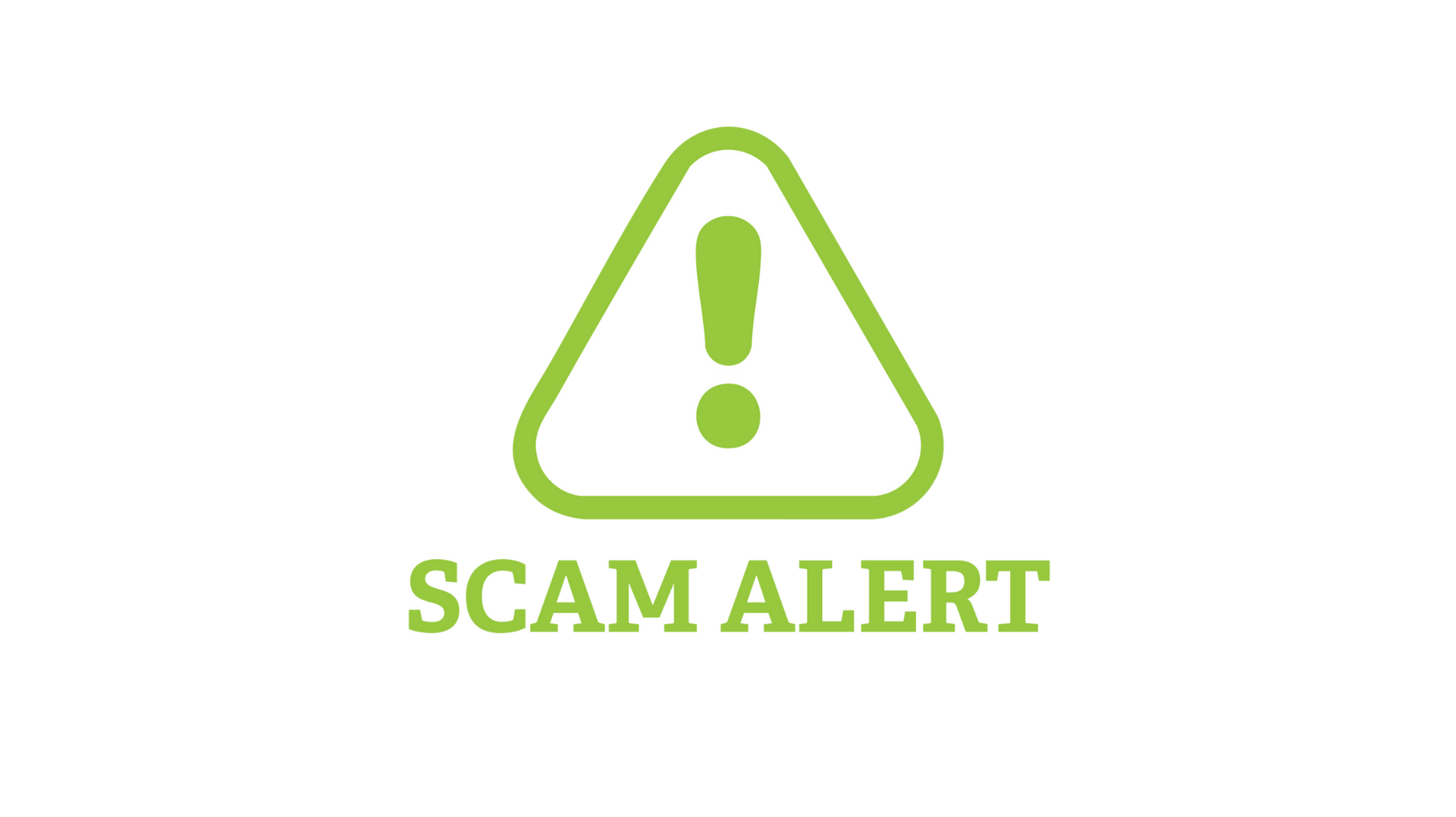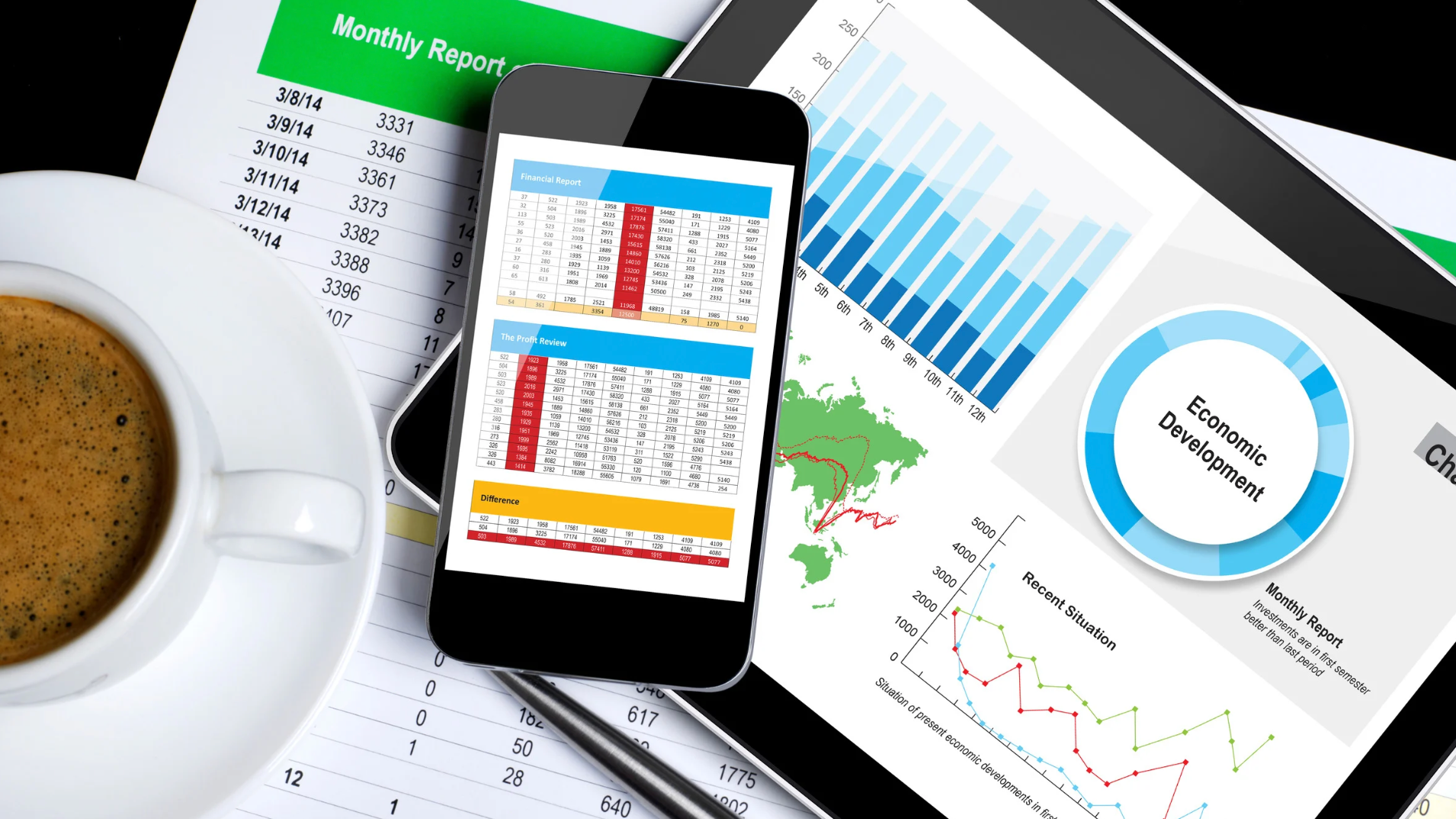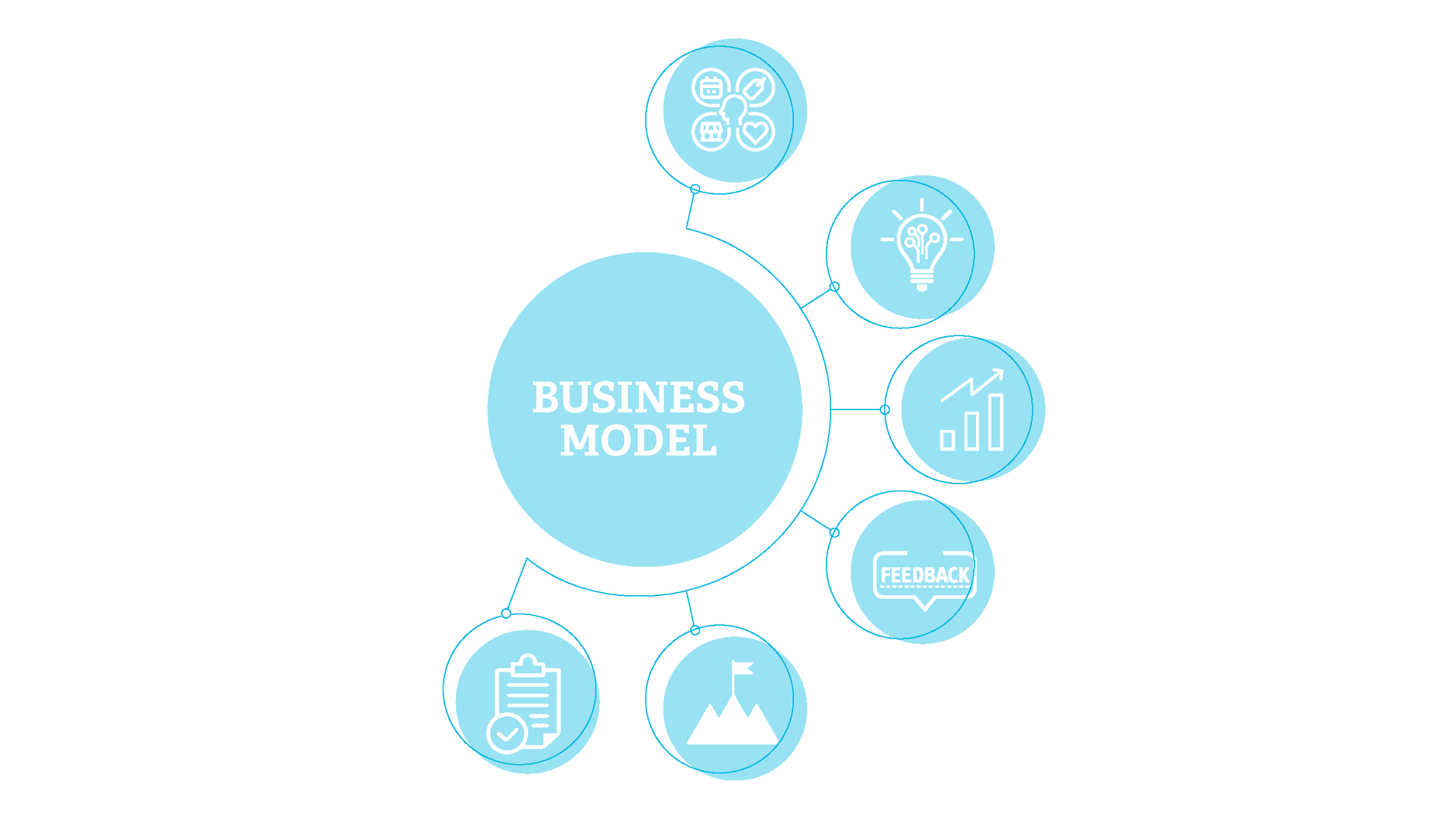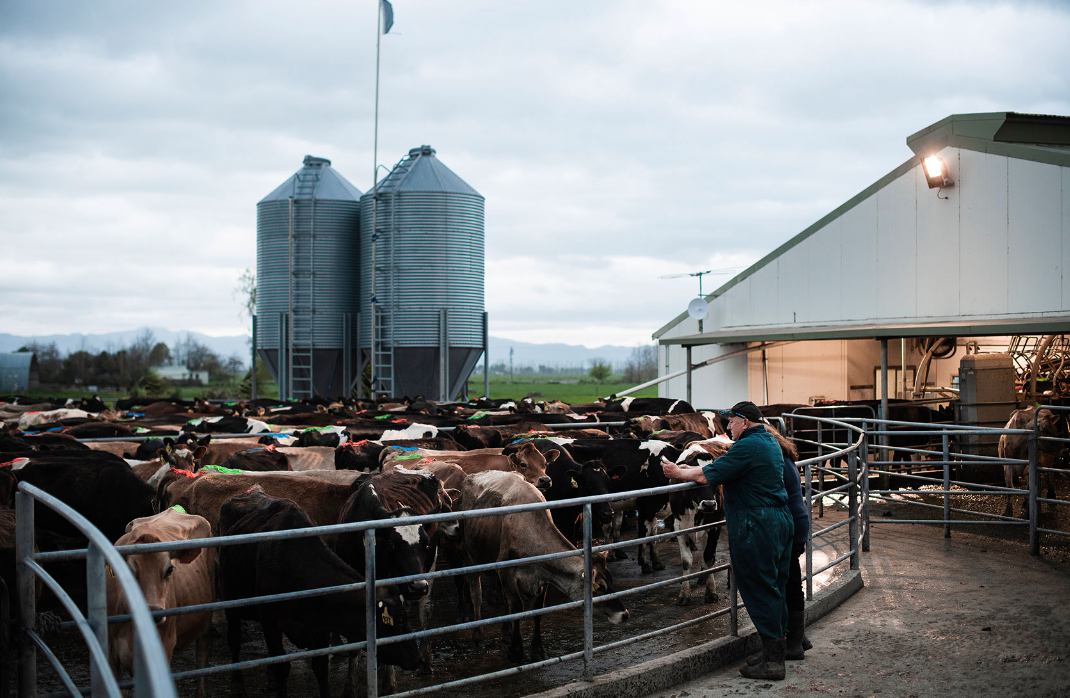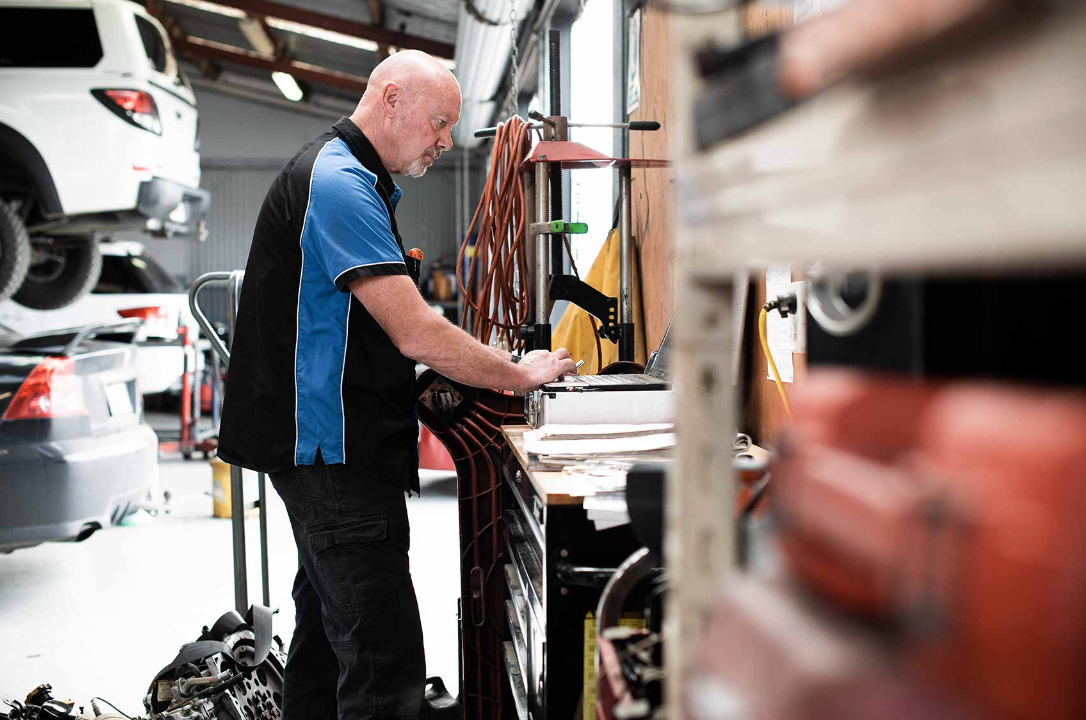If you earn income through an online platform that puts together service providers with customers, you need to be aware of the latest requirements for online marketplaces in New Zealand. From 1 January 2024, New Zealand requires online marketplaces to conduct due diligence on all their sellers, and to collect and report information about sellers and transactions on their platforms. Income earned through online marketplaces and the activity of sellers registered on these digital platforms will be more transparent to Inland Revenue for tax collection purposes.
Does this affect me?
These changes are relevant to you if you provide services or assets through an online marketplace for a fee. In the online environment sometimes referred to as the sharing or gig economy, these activities typically include:
• providing short-stay accommodation, through platforms such as Airbnb;
• providing ride-sharing services for a fare, through platforms such as Uber;
• sharing assets such as cars, caravans/RVs, parking spaces, or storage space, through platforms such as Camplify, Parkable, and Sharedspace; and
• providing personal services, such as graphic design, creating websites, or odd jobs like deliveries, pet sitting, furniture assembly or trades services, through platforms such as Pocket.Jobs, Fiverr, Airtasker, weDo, and Delivereasy.
Other activities that are not considered to be part of the sharing economy include:
• online selling or classifieds, like Trade Me, eBay or carsales;
• cryptocurrency exchanges; and
• peer-to-peer finance or crowdfunding.
But for ALL these activities, if you earn income from them, consider how income tax, GST, and other obligations apply to you. If you’re registered with, and receive income from, an online marketplace as a seller or provider of services, what you earn is taxable income and must be declared in your tax return. You may also have to account for goods and services tax (GST).
Online marketplaces and GST
If you earn more than $60,000 in a year from all taxable activities, you must register for GST. If you’re already GST registered when you register with an online marketplace, use your existing GST registration for your activities on the digital platforms. If you’re GST registered, you can claim GST for expenses related to your business.
Be aware that from 1 April 2024 online marketplace operators who facilitate the sale of listed services, must collect and return GST when the service is performed, provided, or received in New Zealand. This applies whether the seller is GST registered or not. The ‘listed services’ cover:
- short-stay and visitor accommodation
– although accommodation used by the customer as their principal place of residence is exempt from tax;
– connected services facilitated through the marketplace operator, for example, cleaning fees charged on top of accommodation costs, will also be subject to GST. - ride-sharing and ride-hailing; and
- food and beverage delivery
Are you GST registered?
If you are GST registered, you need to include supplies sold through an online marketplace as a zero-rated supply in your GST return. You will still be able to claim GST on the costs of making supplies.
Some GST registered sellers may be able to opt out of the marketplace rules and carry on being responsible for their GST obligations, if they:
- make more than $500,000 of supplies in a year;
- provide accommodation and meet a 2,000-night threshold, based on the number of nights of accommodation listed through a single online marketplace.
They can notify their marketplace operator that they are opting out and enter into an agreement with the marketplace operator to opt out of the rules.
Different rules may apply where the marketplace operator is not treated as the supplier of listed services. In these situations, the provider of the services will be responsible for GST.
If you are NOT GST registered, a new flat-rate credit scheme will apply. Marketplace operators will collect GST at the standard 15% rate on the services. They will then pass on 8.5% to you, recognising the GST on your costs supplying listed services. The remaining 6.5% is returned to Inland Revenue.
Keep up with the changes
This is a rapidly changing sector and Inland Revenue has made it plain they intend to monitor it in the broader context of the tax base. It is important you understand your income tax and GST obligations under the new rules. Make sure you keep good records of your income-earning activity and your expenses. Get in touch with us to discuss how this change affects your business.

